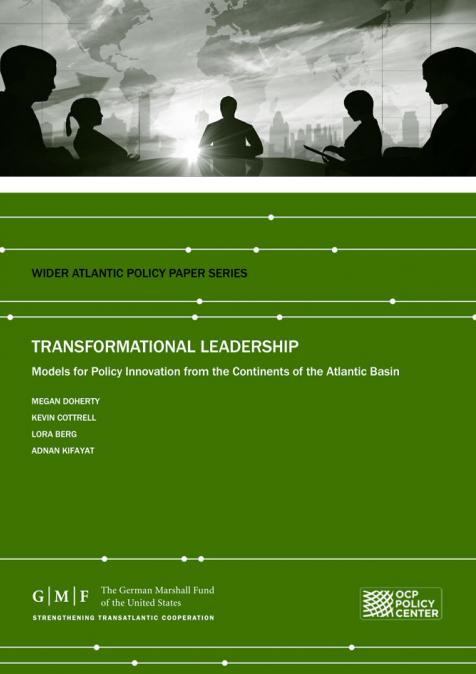AD Talks 2020: The Other Pandemic : Systemic Racism in the Times of Covid 19
The Coronavirus is no great equalizer. At best, it has exposed severe inequalities, and at worst, it has led to their exacerbation. The reignition of the #BlackLivesMatter movement during the pandemic led hundreds of thousands of people to hit the streets in all 50 states of the United States and in over 60 countries asking for racial justice. These protests not only spoke out against the murders of innocent African Americans, policy brutality and the impunity of the perpetrators, but also drew attention to the systemic racism that plagues the lives of minorities in the US and beyond, and that has led them to be more affected by the pandemic, the latter being more deadly for black and brown communities. How are structural and institutional racism contributing to the disproportionate effects of the pandemic on minorities? Why do Black people in the US, Brazil, the UK and beyond become infected and die from COVID-19 at higher rates than Whites? Should racism be declared a public health crisis? What policy responses should be considered to bridge the disparities and address systemic racism and its consequences during a pandemic? Moderator : Omayra Issa, journalist, Radio-Canada, Canadian Broadcasting Corporation (Emerging Leader) Speakers : - Tosin Durotoye, CEO and Primary Consultant, Conselia Advisory (Emerging Leader) - Kassie Freeman, President & CEO, African Diaspora Consortium - Alex T.Johnson, Chief of Staff, U.S. Helsinki Commission(Emerging Leader) - Ana Barreto, Director of Programs, AfroResistance (Emerging Leader)








